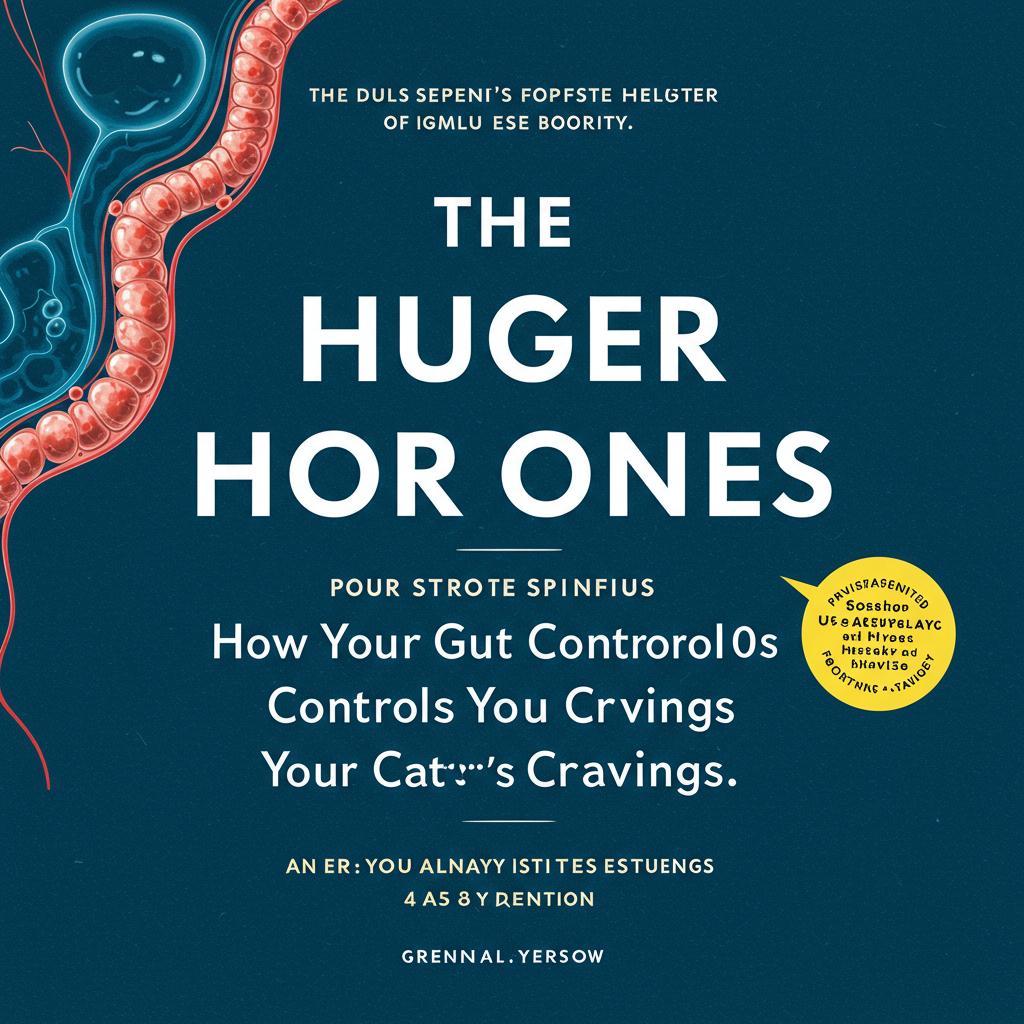
Ever wonder how your body knows when it’s time to eat and when you’ve had enough? It’s a fascinating system, and a lot of it comes down to the communication between your gut and your brain. Your gut produces various peptides – think of them as tiny messengers – that travel through your bloodstream and tell your brain about your nutritional status. This complex interplay of signals helps regulate your appetite, ensuring you get the energy you need without overeating.
Let’s explore some of the key players in this gut-brain conversation:
- Ghrelin: The “Hunger Hormone”: Ghrelin is produced in your stomach, and its levels rise before meals, essentially telling your brain, “Hey, I’m empty! Time to eat!” Once you start eating, ghrelin levels drop, quieting those hunger pangs. Think of it as your body’s built-in dinner bell.
- Cholecystokinin (CCK): The “Satiety Signal”: CCK is released from your upper intestine when food arrives. Its job is to signal to your brain that you’re starting to get full. This helps put the brakes on eating and prevents you from overindulging. CCK is like a gentle reminder from your gut, saying, “Okay, that’s enough for now.”
- Pancreatic Glucagon and Amylin: The “Meal Enders”: These peptides, released from your pancreas, work alongside CCK to reinforce the feeling of fullness and help bring your meal to a satisfying close. They contribute to that sense of contentment after a good meal.
- Peptide YY (PYY) and Glucagon-Like Peptide 1 (GLP-1): The “Long-Term Regulators”: Produced in your lower intestine, PYY and GLP-1 are released more slowly after you eat, and their levels remain elevated for several hours. These peptides not only help you feel full after a meal but also play a role in regulating your appetite between meals. They’re like the long-term strategists of your digestive system, ensuring your energy intake is balanced over time. They can also increase the feeling of fullness you get from the nutrients you consume, helping you stay satisfied for longer.
These gut peptides work in concert, like a finely tuned orchestra, to regulate your appetite and ensure you get the nutrients you need. Understanding their roles can help you appreciate the complex mechanisms that control your eating behavior. While this might sound like a lot of complicated science, the takeaway message is simple: your gut plays a crucial role in telling your brain when to eat and when to stop. This sophisticated system is designed to keep your body fueled and functioning optimally. By paying attention to your body’s natural hunger and fullness cues, you can work in harmony with these intricate processes to maintain a healthy and balanced diet.
